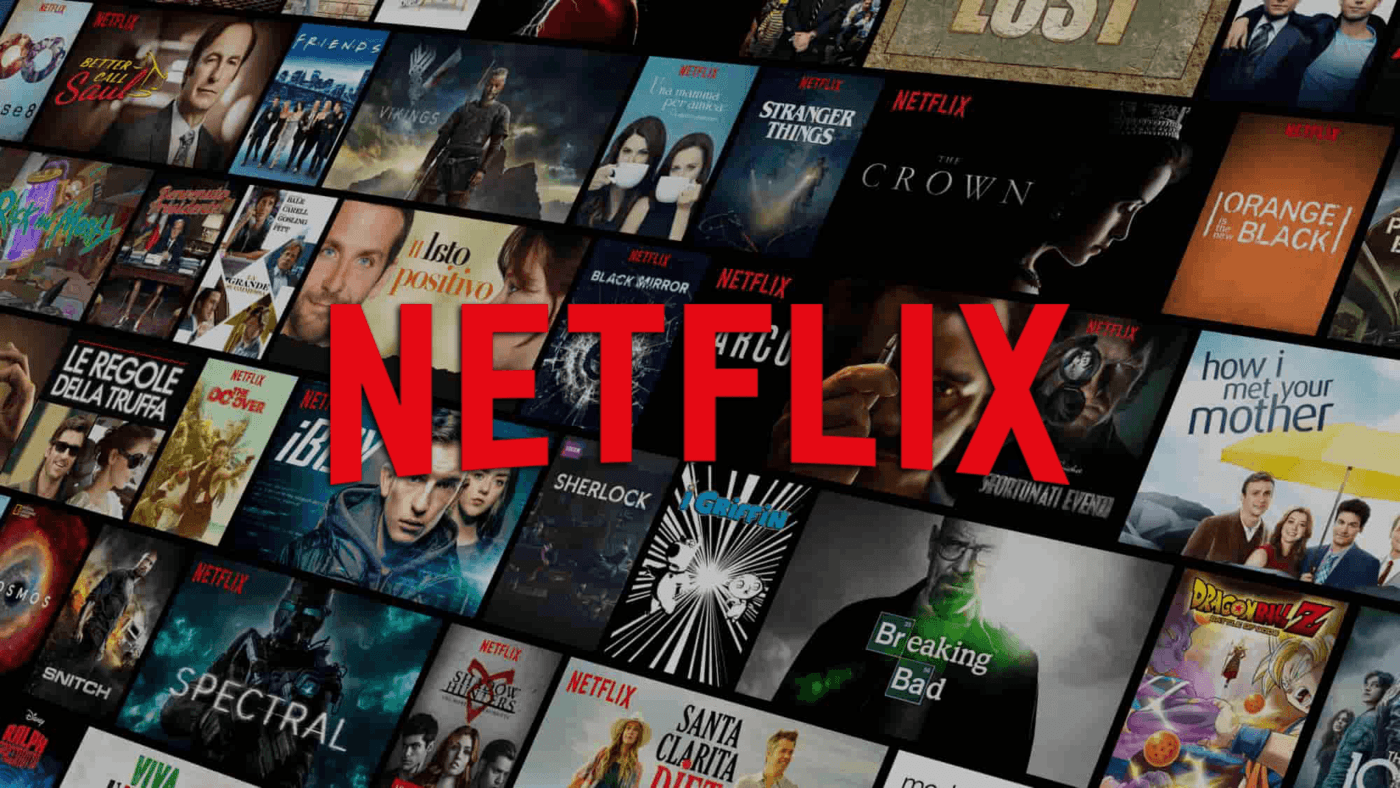Netflix and the ethics of targeted ads
Recently, users of Netflix have complained that they are shown different promotional ‘posters’ of films and shows, depending on their ethnicity. Not only that, but the posters often present ethnic minority actors as the protagonists of the show, when it’s not the case at all, and they may only, in fact, have a very small role. In response to this, Netflix have said that they do not collect data on viewers’ ethnicity, and suggestions are only based on a viewer’s watch history. This leads us to the question: is any form of targeted ad system a good idea?
It should first be pointed out that Netflix isn’t the only company to use a targeted ad system, regardless of how it works – YouTube appears to give suggested videos based on what you’ve watched before, and Google suggests websites that you visit often.
Promotional posters that mislead viewers are also problematic
The benefit of targeted suggestions (in the context of Netflix) is that viewers’ attention is drawn to shows they’re more likely to enjoy, since they are based on what they’ve watched previously (and it can be assumed that the amount of time spent watching it/whether the show was finished, is also taken into account). If data is collected accurately enough, this means that viewers won’t need to waste time, scrolling through lots of shows that don’t interest them and there’s a ready supply of things they’re more likely to find appreciate.
However, targeting by ethnicity is slightly different. Although it may be true that people are more likely to watch shows that include people that are similar to them and who they identify with, it seems wrong to assume that’s true for everyone. Promotional posters that mislead viewers are also problematic, although some may argue that any sort of advertisement doesn’t tell the full truth, and may pick and choose certain elements of a product to present to their target audience, in order to draw them in. In the context of Netflix, presenting a show to be a comedy, when it is actually more action, may be beneficial for both the audience and the company, as although it’s not what the viewer expected, they may still enjoy it. However, that is a more idealistic outcome, and most of the time this may just lead to frustrated viewers who switch to something else half-way through.
Viewers are never exposed to new shows that are nothing like what they’ve watched before
There are also disadvantages to targeted ad systems, even when they aren’t misleading. Firstly, viewers are never exposed to new shows that are nothing like what they’ve watched before which they may equally enjoy, if it were suggested to them. For example, perhaps someone would enjoy horror but has never had the chance to discover their love for it, because it’s never been suggested to them, so they’ve never thought to try it. Although not the end of the world, it does mean that viewers could be missing out, and Netflix is then missing out on views too. Additionally, watching the same type of shows can get boring, especially when every time you click into a suggested show of the same genre as previous watches, it reinforces the system. On the other hand, random suggestions of shows from different genres may be more refreshing. Finally, some may consider the collection of data on what we watch to be quite invasive.
In conclusion, there are both pros and cons to a targeted ad system, but there’s no denying that it’s everywhere. Therefore, it’s important that we’re conscious of it and perhaps don’t allow ourselves to automatically take what we’re given, but also to try other things out. Anyway, I wish you all happy watching, whatever you enjoy.

Comments
Comments are closed here.